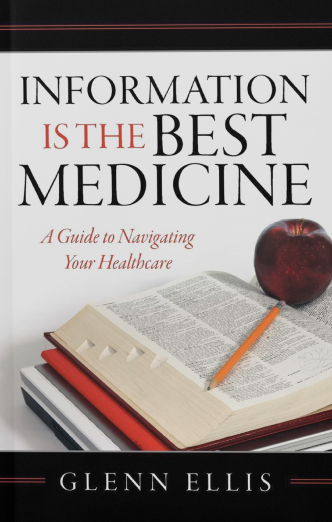There are probably few aspects of our overall health that are talked about or discussed less than the system responsible for ridding our bodies of toxins, wastes, and poisons. It bears mentioning that without these crucial functions of elimination being carried out, we would not be able to survive beyond a few days. As we go through life, each of us is constantly exposed to a plethora of things that have the potential to kill us if they are allowed to remain in our bodies.
The very process of digesting good wholesome and nutritious foods produces toxic by-products that must be efficiently removed from the body. So, you see, even if you feel that you have healthy eating habits, there is something in this column for you too. There is no question that digestion, bowel movements, and urination happens. The problem is that most of us are either too ashamed or embarrassed to talk about it, ask questions about it, or share information to those who don’t know.
Well, there’s no shame to my game. Here is some information that could at worst make the quality of your general health better and at best save your life.
When we eat, foods must be broken down into the basic components (fats, starches, carbohydrates, proteins, sugars, etc.) before the body can absorb them and put the nutrients to work. After this “digested” food passes through the system, the undigested waste is to be excreted from the body as feces (bowel movements).
The problems begin for us when this process is not a complete and/or efficient one. Remember there is a total distance of 30 feet from the mouth to the anus (or as they say down South, “From the rooter to the tooter”). The point being that there is a lot of room for something to happen that can disrupt an otherwise normal process. The most obvious obstacle to good digestion begins with what it is we eat. The content, processing, and method of preparation of the foods we eat can greatly impact the ability to have normal digestion from start to finish.
From the moment we start chewing our food, the digestion system begins the job of turning the food into a soupy-type of substance so that the system can extract nutrients to send throughout the body. Once this substance is made, the sugars, fats, carbohydrates, minerals, vitamins, and other good nutrients are sent to the cells of the body.
What happens with what’s left, you ask? Now comes the good part. All of the “stuff” that’s left (waste products) are sent on down the line, so to speak. Once it hits the colon, these leftovers are packed together, and then a form of dehydration takes place where most of the water is removed from it. At this point we now have officially created what is known as feces. Just so you understand what we are dealing with here, our feces consists of the following: water, indigestible fiber, undigested food (you know, corn, little seeds, etc.), dead cells, living and dead bacteria, mucus secretions from the intestines, and bile from the gallbladder, pancreas, and liver.
(By the way, bile contains dead red blood cells that are what gives your bowel movements its brown color).
In an ideal world, all of this waste/feces will continue on “down the line” and leave the body in the form of a healthy bowel movement. But, as I said, this would happen in an ideal world, which very few people live in. So instead we mostly end up with things kind of hanging around far too long in the colon and we end up with the conditions that jeopardize our health. A long list of diseases and disorders that plague our society have its roots in this inefficient process in the colon. As a matter fact, there are medical indications that as much as 90% of all diseases originate in an unclean colon.
While the decaying foods sit in the colon for prolonged periods of time, the waste ferments in the heat of the body temperature (imagine your trash sitting outside during a 98-degree summer heat spell). During this time, more and more waste is added to the pile, gases form, 2nd and 3rd generation toxic chemicals form and subsequently, the colon is a fertile breeding ground for viruses, bacteria, molds, parasites, etc.
There may be periodic episodes of poor elimination experienced by the best of us. However, it is the chronic, long-standing patterns that the majority of us experience that concern me. I recently read an excellent article on “stool-watching” tips that I would like to share with you. Obviously, based on the information in this column, there is a connection between what’s coming out of our bodies and what’s going on inside. Here are some tips to look out for:
As you can see, the potential for the on-set of many health problems can come from poor elimination in one way or another. The factors responsible for poor elimination are ones that we should all be familiar with. They are:
There is no question that the key to preventing many of the potential bowel problems is almost always a nutritional one. A high fiber, low fat diet is important to both cure and prevent the problems associated with poor waste elimination.
A few lifestyle and dietary suggestions to keep in mind are:
Just a few of my thoughts on the topic that I felt would be of use to promote the goals and objective set to improving your quality of life.
Remember that I’m not a doctor, I just sound like one. If you have serious medical condition, see your doctor.
